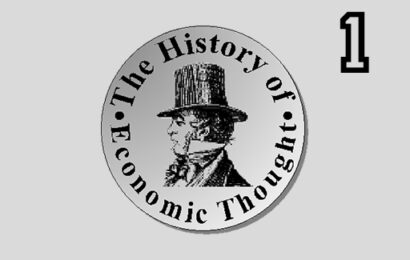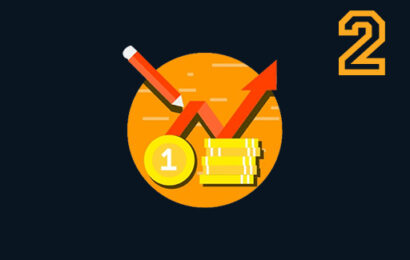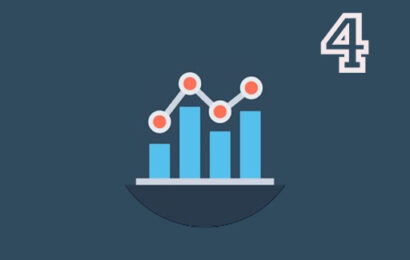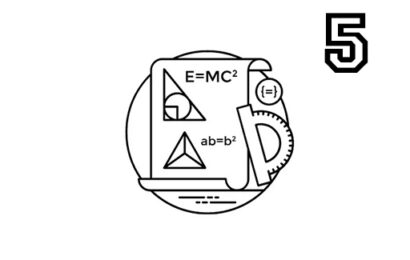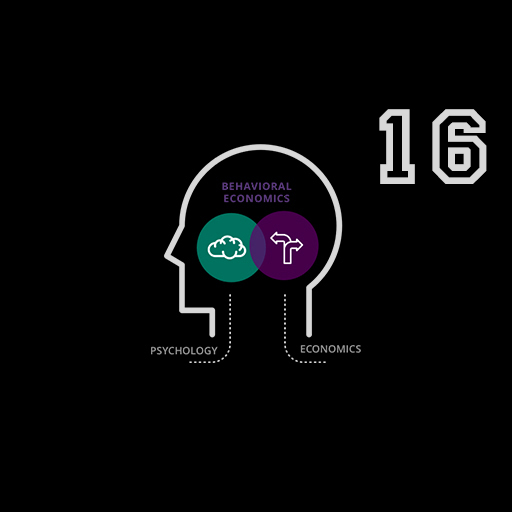
- Quizzes: 10
Behavioral economics is a field that blends insights from psychology and economics to explain how individuals make decisions, often deviating from traditional rational models. Emerging in the mid-20th century, its foundations were laid by scholars like Herbert Simon, who introduced the concept of “bounded rationality,” and Daniel Kahneman and Amos Tversky, whose prospect theory revolutionized understanding of risk and decision-making.
Unlike classical economic theory, which assumes people are perfectly rational, behavioral economics recognizes cognitive biases, emotions, and social influences that shape choices. Key concepts include loss aversion, anchoring, and mental accounting, which reveal systematic patterns in human behavior. Richard Thaler further advanced the field by introducing “nudge theory,” emphasizing subtle interventions to guide better decisions without restricting freedom.
The practical implications of behavioral economics are vast, spanning finance, marketing, public policy, and health. Governments use behavioral insights to design effective policies, such as encouraging savings or promoting healthier lifestyles. Businesses leverage these principles to enhance consumer engagement and optimize pricing strategies. In an era of data-driven decision-making, behavioral economics remains a crucial tool in understanding and influencing human behavior, bridging the gap between economic models and real-world actions.
Curriculum
- 2 Sections
- 0 Lessons
- 10 Weeks
- Notes0
- MCQ10
- 2.1Heuristics and Biases10 Minutes20 Questions
- 2.2Prospect Theory10 Minutes20 Questions
- 2.3Framing Effect10 Minutes20 Questions
- 2.4Loss Aversion10 Minutes20 Questions
- 2.5Bounded Rationality10 Minutes20 Questions
- 2.6Hyperbolic Discounting10 Minutes20 Questions
- 2.7Social Norms10 Minutes20 Questions
- 2.8Nudge Theory10 Minutes20 Questions
- 2.9Social Preferences10 Minutes20 Questions
- 2.10Choice Architecture10 Minutes20 Questions


